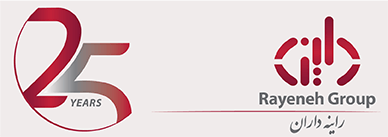
Hexane (C6H14) is a colorless liquid with a faint petroleum smell, insoluble in water, toxic and flammable, which is one of the aliphatic hydrocarbons. Due to its very high chemical stability and lack of reaction with chemicals, it is used as a non-polar solvent.
Hexane is obtained from refining crude oil. The feed of the hexane production unit must be a type of naphtha, in which aliphatic hydrocarbons form a major part. The percentage composition of naphtha depends on the type of crude oil and its refining method.
The catalytic hydrogenation method of naphtha cutting is the best method for extracting hexane. In this method, nickel catalyst based on alumina is used. In this process, the amount of sulfur present in this flow requires preliminary desulfurization and also the process takes place at high pressure.
Characteristics
| Property | Value |
|---|---|
| Total Sulfur | Max 2 ppm |
| Cyclohexane | Max 2% |
| N-Hexane | Min 52% |
| Aromatics (benzene & Toluene) | Max 50 ppm |
| SG @ 15.6 °C | 0.67 gr/cm3 |
| Water | Max 50 ppm |
| Saturated hydrocarbons | Min 99.97 wt.% |
Application
Hexane is used as a solvent for reactants, especially in polymerization reactions. Hexane is one of the components of gasoline and shoe and rubber adhesives and is used in the laboratory to extract oil and water from soil. Also, hexane is used in cleaning shoes and furniture, gas chromatography and textiles.
Packing
Hexane can be supplied in bulk and/or in barrel.
Other Names
- Sextane
- Hexacarbane
Chemical Formula
- C6H14
